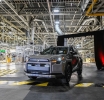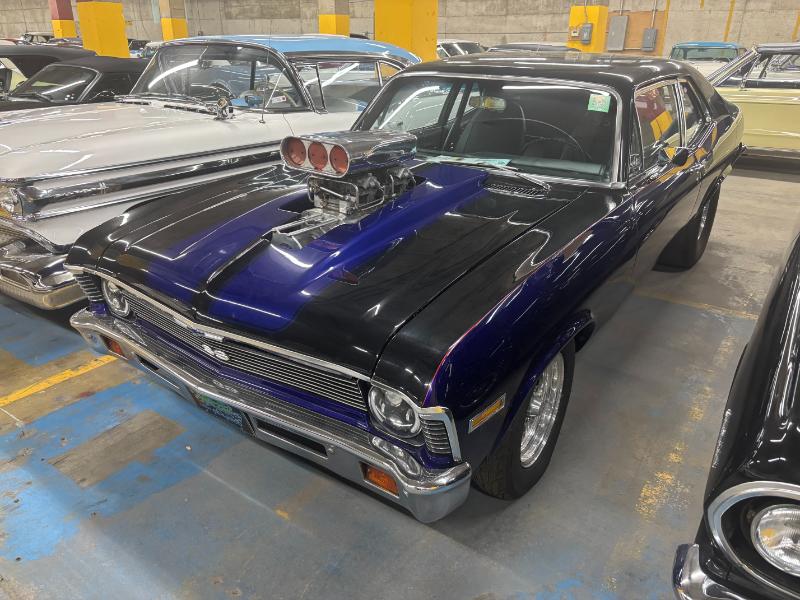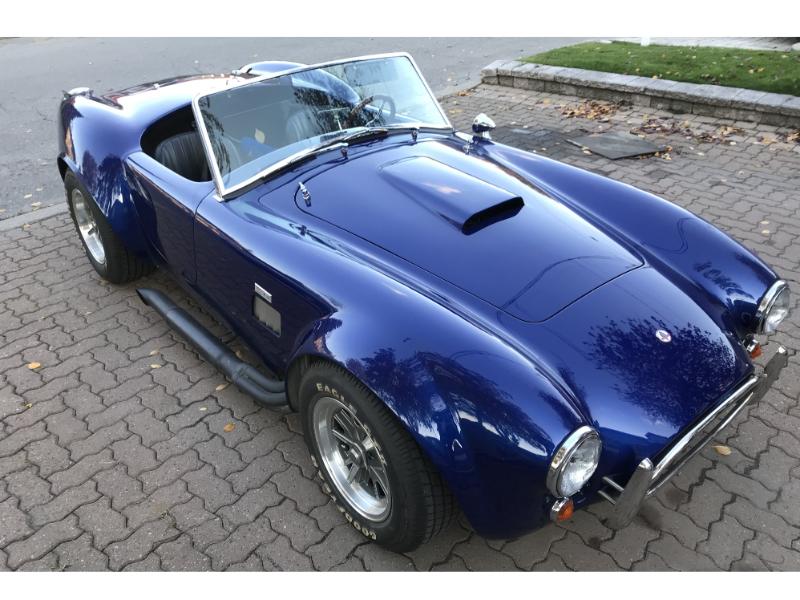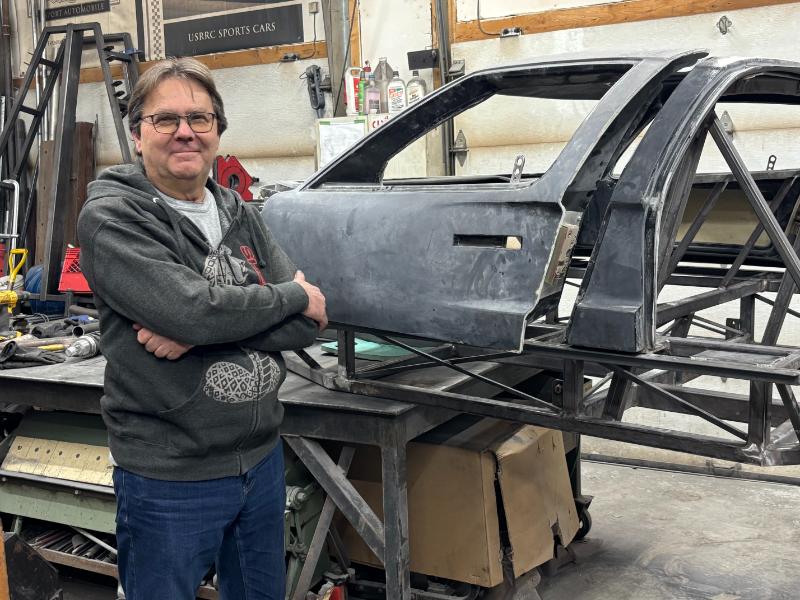Innovation / Fleet
Tenneco Partners with Cadillac’s F1 Team
Is It Hard to Be a Small-Scale Car Manufacturer in Quebec?
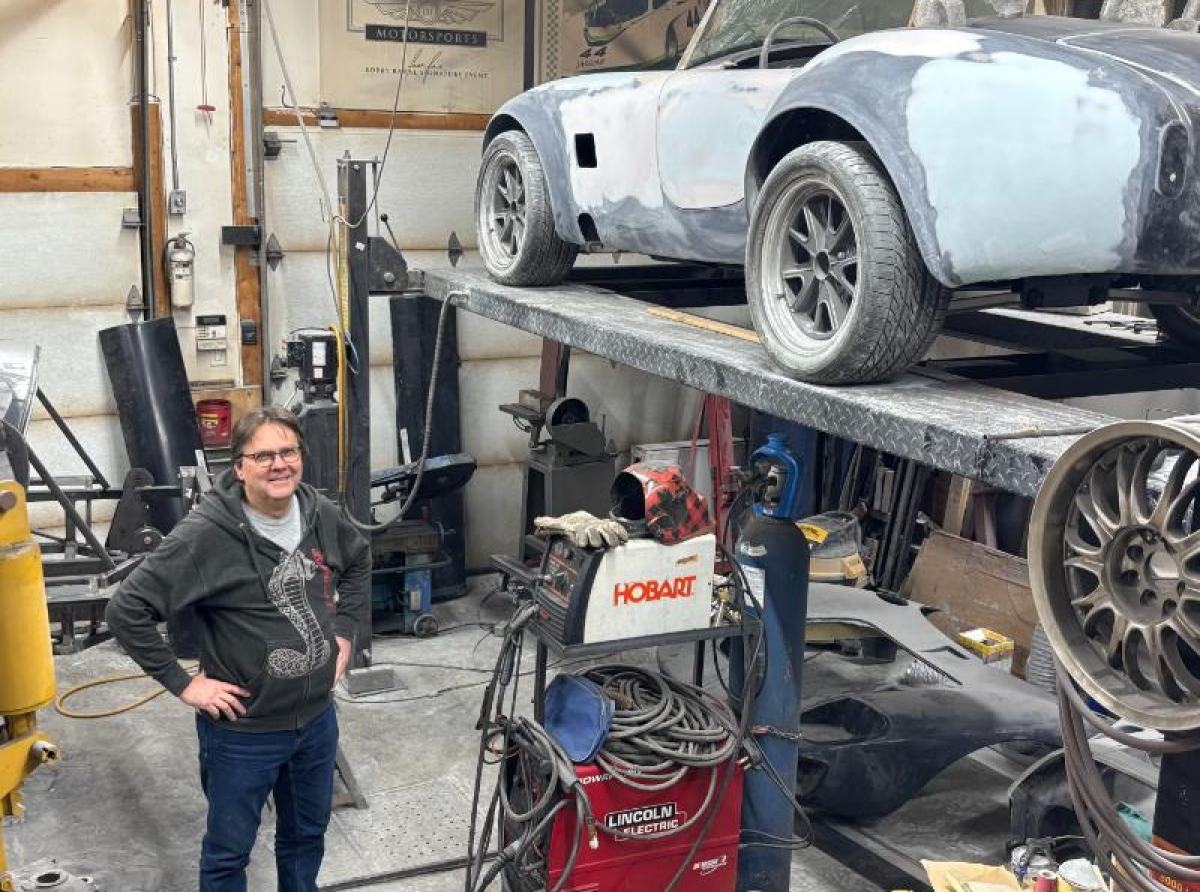
Quebec has never been fertile ground for the automobile industry in Canada. Historically, it is in Ontario that this sector has taken roots, a choice dictated by practical and geographical considerations. As early as the 1900s, entrepreneurs from Detroit (including Henry Ford) understood that it would be simpler and more efficient to produce certain popular models on this side of the border, in Ontario, rather than deal with the customs and administrative complexities involved in exporting to the Canadian market. Moreover, transportation logistics were clearly more advantageous there.
Quebec, for its part, was considered too remote... and undoubtedly, the language barrier also played a role. Throughout its history, the province has nevertheless hosted a few assembly plants. Among the most notable: the large General Motors plant in Sainte-Thérèse, north of Montreal, where the legendary Camaro and Firebird were produced; the Renault factory in Saint-Bruno, a short-lived project that was quickly abandoned when the French manufacturer withdrew from the North American market; and Hyundai in Bromont, where the first-generation Sonata was briefly assembled—another short-lived dream.
Today, only the PACCAR heavy truck plant in Sainte-Thérèse remains, located on the very site of the former snowblower and truck manufacturer Sicard, acquired by PACCAR in the early 1970s. Added to this are several semi-trailer manufacturers, which are well-established in Quebec but too often overlooked in industrial discussions.
That said, the province has seen, and still sees, passionate artisans emerging, capable of hand-building cars and trucks. One name immediately comes to mind: Jacques About, creator of the Manic GT, a charming sports car based on Renault 8’s mechanics. Unfortunately, barely 160 units were produced between 1969 and 1971 before the project came to an end.
Beyond the inescapable André Larue—still active in building snowblowers based on his engineer son’s designs—we can mention Roger Allard, who hand-builds vintage-styled Allard models in very small quantities. But above all, there is the name Michel Pigeon, a true legend in the field.
Originally from the Lanaudière region, Michel Pigeon has, since the 1980s, assembled more than 200 Cobra roadster replicas and nearly twenty Ford GTs. A remarkable track record, despite considerable hurdles.
After a fire destroyed his Saint-Julienne workshop in April 2010, Pigeon almost gave up everything. But he slowly resumed his activities, on a smaller scale, in a private workshop. Today, he focuses on manufacturing basic cars, without engines or transmissions, leaving the buyer to complete the assembly. The reason is simple: A finished Cobra can cost up to $100,000 (or more), and with that price comes the expectation of a warranty... which Pigeon cannot offer. He is, of course, willing to fix any bodywork or chassis issues but cannot take responsibility for mechanical breakdowns caused by improper use.
As for registering the vehicle and obtaining a legal serial number, [translation] “It takes time,” he explains. The rules vary, and a failed inspection—sometimes for minor details—can add several weeks to the process. His advice: Follow the procedures [translation] “by the book.”
Despite everything, Michel dreams more about GT40s than Cobras, even though the latter remain his passion. He likes to remind people that his creations are driven not only in Quebec but also in Ontario, Alberta, New Brunswick… and even in France, where nine of his cars are registered.
Michel works alone, or almost. He seeks neither wealth nor fame. He simply devotes himself to his passion.
[Translation] In Quebec, building cars is a dream that withstands time, fires… and bureaucracy.

L'Automobile Magazine
News
Business Directory



 En
En  Fr
Fr 

